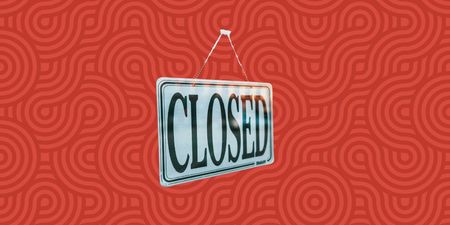If you’d said to someone 10 years ago that café culture would one day begin to eclipse pub culture in Ireland, you’d have attracted some strange glances.
But here we are in 2016, and it doesn’t look so ludicrous after all. And while that may sound like a step in the right direction from a health perspective, the effects of caffeine on our bodies is something we need to take a serious look at – particularly with regard to coupling caffeine and exercise.
The problem with scientific research is that people read into it too literally. A scientist or researcher may discover groundbreaking evidence that will hold water for a while until another study conflicts with the original findings. This is science, ladies and gentlemen.

Just have a read the following, quoted from an actual scientific study: “Caffeine has been found to increase, decrease or have no effect on heart rate at rest and during exercise”.
Not exactly clear cut is it?
There will always be extremes when it comes to research; the caffeine and exercise debate is no different. And given the ambiguity here, you’ll have one camp telling you to “Drink up to 6 cups of strong coffee a day whilst exercising” and others will say “Steer clear altogether”.
For me, as with all extremes, the truth lies somewhere in the middle – you need to figure out your tolerance to it and the effects it has on your own physical performance.
Let’s address some of the common queries that my clients will regularly come to me with regarding caffeine:
- “Will it cause me to cramp?”
- “Will it dehydrate me?”
- “Is it a diuretic?”
- “Will it give me a boost?”
The list goes on. These are all reasonable queries, especially when you consider that most recreational athletes just want to get the most out of their 3 or 4 sessions at the gym per week. Why should it all be so complicated?

The Facts
It doesn’t seem to cause dehydration in athletes: A review of 10 studies found that consuming up to 550 mg of caffeine per day (about five 8oz cups) does not cause fluid-electrolyte imbalances in athletes or fitness enthusiasts, or in ‘normal’ people either.
In another review, researchers concluded that consuming caffeine-containing beverages as part of a normal lifestyle isn’t associated with poor hydration status.
Caffeine can help your muscles’ ability to perform repeated contractions (similar effect had by foods that are high in calcium – I’d recommend green leafy vegetables here). This effect may actually offset the effects of cramp during prolonged exercise.
- Caffeine may benefit prolonged exercise where a large volume of repetitions are required, but is unlikely to help your single-rep maximum bench press or 10m sprint time.
- Caffeine can reduce how tough you perceive your training session to be, as increased adrenaline will act as a pain blocker during stressful physical exertion.
- Caffeine may also aid recovery after intense glycogen-depleting exercise. A study showed that athletes who ingested caffeine with carbohydrate had 66% more glycogen in their muscles four hours after exercising opposed to when they consumed carbohydrate alone.

So what to do?
Coffee is not for everyone, and it’s not a magic bullet; when it comes to nutrition no such bullet exists! Still, it seems to have significant health and training benefits for those who can tolerate it.
- Find your own level in terms of caffeine consumption, if you’ve got a system that works stick with it.
- Try different methods and timings of caffeine intake (away from competitions of course!).
- Track your mood on days that you consume and don’t consume caffeine.
- Don’t put any extras in your coffee. Keep it simple, straight up black Americano or espresso. Pumping your coffee full of cream, sugar, and other unnecessary additives reduces any potential health benefits by adding surplus calories and artificial flavors and sweeteners.
- Most importantly don’t use caffeine as a crutch – long days in the office coupled with 15 shots of espresso (throw an intense training session in to the mix) aren’t going to do any favours to your cortisol levels.
- Consume a regular espresso after a work out session with complex carbohydrate and a protein source for recovery. Again monitor this, if you are someone who drinks several cups of coffee as the day goes by, maybe lose your 3pm coffee and substitute it for your post training espresso.
READ NEXT: When You Arrange To Meet Someone At The ‘Top’ Of Grafton Street
Topics:
RELATED ARTICLES





MORE FROM Lovin Dublin
























MORE FROM Lovin Dublin


















